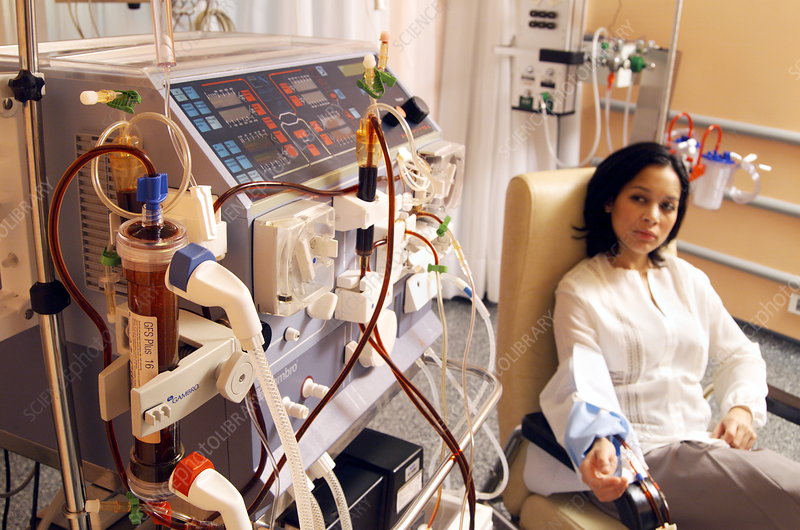
First Glance: Prevention of Acute Renal Failure
Illnesses that boost your chance of developing renal failure include diabetes, hypertension, heart failure, obesity, and chronic kidney illness (long-term renal insufficiency). If you suffer from any of the above, you can take additional precautions when initiating a new prescription regimen.
Commonly used medications such as acetylsalicylic acid (aspirin) and ibuprofen, an NSAID or non-steroidal anti-inflammatory drug, may make renal function worse in kidney disease sufferers who already experience diminished kidney function, diabetes, hypertension, or heart failure.
If you are: a) at the hospital and have a prodigious risk for experiencing acute kidney failure due to surgery, or b) suffer from another medical situation or a severe injury, your physician will take precautions such as the following to help you keep acute renal failure at bay:
- Fluid balances will be cautiously monitored.
- Your intake and output will be calculated, and you may be instructed to check your weight each day.
- Your blood pressure will be surveyed occasionally. You may be given IV fluids to retain normal blood pressure.
- You’ll have regular blood exams to make sure the electrolytes are in the appropriate balance.
- Your diet may be managed so you get at least 100 grams of carbohydrates every day. The aggregate of protein in the diet may be controlled.
- Your medications may be extensively supervised. Prescription drugs known to have magnesium may be completely discontinued, and the dosages of your other medications could be altered as well.
“Homely” Route: Home Therapy and Acute Renal Failure
If you have had acute renal failure (ARF) and your kidneys have not healed fully, you should follow a special diet that keeps your kidneys from getting coerced to work too much. A nutritionist will work with you to engineer a diet that best accommodates your needs. Considering the severity of the kidney damage, other illnesses you may suffer from, and whether you are undergoing dialysis, you may need to curb your consumption of minerals, electrolytes, and fluids. You may also have to control how much protein you eat.
Consuming an excessive amount of sodium may cause you to retain fluid, and that in turn enhances your chances of heart failure, pulmonary edema, and hypertension. Additionally, it may be difficult to keep away from sodium. To shrink the level of salt in the diet, learn to search for hidden sodium in foods and pick out fewer processed foods and more organic items at the grocery store.
Potassium is contained in salt substitutes, potassium pills, and a few fruits and vegetables. An excessive sum of potassium in your blood (hyperkalemia) may initiate muscle fatigue and irregular heartbeats. Moreover, don’t forget to eye your phosphorus intake. Phosphorus is found in milk, cheese, meat, and fish. Large expanses of phosphorus in the bloodstream (hyperphosphatemia) may cause calcium to be extricated from the bones, thereby triggering bone-related issues in the long haul.
References
Fairburn C. G., Harrison P. J. (2003). “Eating Disorders.” Lancet. 361; (9355): 407–416.
BLOG AUTHOR
Dr. Naheed Ali MD, PhD
Dr. Ali is a freelance health and wellness writer. Visit him at HealthcarePropulsion.com.


0 Comments